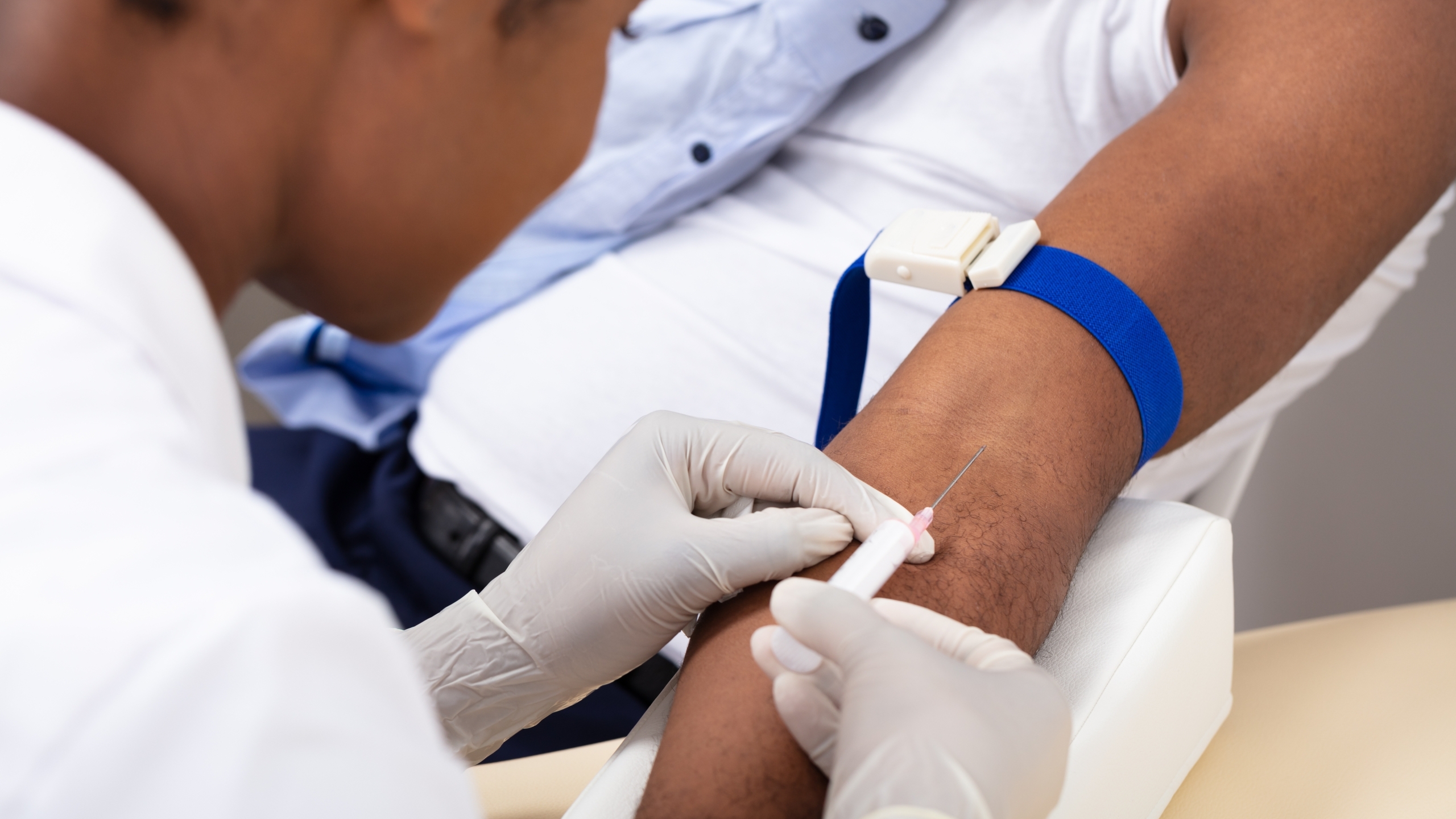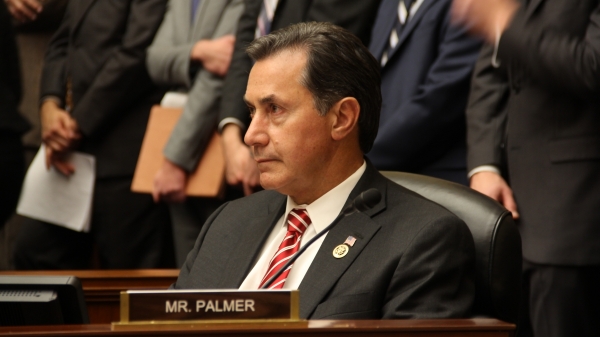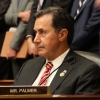Congresswoman Terri Sewell’s legislation to promote access to cutting-edge cancer screening technology got a boost last week from President Joe Biden’s relaunch of his “Cancer Moonshot” to cut cancer deaths in half over the next 25 years.
In his address on the new cancer initiative, Biden highlighted the importance of early detection and specifically praised Sewell and others in Congress who have demonstrated bipartisan support for his cancer-related objectives.
Sewell is the lead sponsor of Multi-Cancer Early Detection Screening Coverage Act, which creates a pathway for Medicare to cover new blood tests that are being developed and that have the potential to detect multiple cancers, including many that have no other screening tests available.
The possible impact of these tests was mentioned in a White House fact sheet released along with Biden’s cancer moonshot announcement on Feb. 2. Biden urged that multi-cancer tests be evaluated with the same urgency and speed as COVID-19 diagnostics, with the goal of catching cancers early, when more effective treatment options are available.
The American Cancer Society Cancer Action Network hosted an event Feb. 3 with Sewell to highlight the promise of new screening technologies as well as the need for legislation to create a pathway for Medicare coverage to ensure access for older Americans who are at the highest risk of developing cancer.
Sewell said her leadership on the legislation was inspired in part by the pancreatic cancer death of her “hero,” the late Congressman John Lewis of Georgia in July 2020. She said her commitment became even more personal almost a year later when pancreatic cancer also claimed the life of her mother, Nancy Gardner Sewell, who had served as the first Black councilwoman in the city of Selma.
“I was motivated personally by so many health disparities that have led to so many African-Americans disproportionately being affected by cancer – including my hero and colleague John Lewis,” Sewell said during the virtual event with cancer advocates and volunteers. “Almost everyone, whether it has been in their direct family, or their church family, has been affected by cancer in some way, and unless government gives the resources to lung cancer and pancreatic cancer, we can’t find a way to screen for some of these tests.”
Several innovative private and academic entities are currently developing multi-cancer early detection blood-based tests. Published, early data indicate that the tests can screen for multiple cancers at the same time, including rare cancers, the American Cancer Society Cancer Action Network said in a press release about the event.
Kimberly Alexander, a Jefferson County woman who has been diagnosed with lung cancer in addition to other family members, praised Sewell’s work to promote access to screenings and improve early detection.
“Knowing that lawmakers like Rep. Sewell are in the fight give me a sense of pride and assurance that my cancer issues, and our cancer issues, will not go unnoticed nor unaddressed,” Alexander said during the American Cancer Society Cancer Action Network event.
The American Cancer Society Cancer Action Network said overall cancer death rates have been declining for more than two decades in the U.S., but racial, socioeconomic and geographic disparities persist and are especially stark in states like Alabama that have a higher prevalence of underserved communities.
The organization said the multi-cancer tests, which can detect cancer with a blood draw, may be more accessible to these communities, extending screening opportunities to rural areas of the state and within communities of color if Medicare coverage is available.
The Medicare Multi-Cancer Early Detection Screening Coverage Act was introduced in 2020 and re-introduced in 2021. Sewell said her bill now has 150 cosponsors, including both Republicans and Democrats.
The American Cancer Society Cancer Action Network has previously called for passage of the bill.
“Fighting cancer starts with knowing you have it, which is why early detection is so often a key indicator of successful health outcomes,” Lisa Lacasse, president of the American Cancer Society Cancer Action Network, said last September in a statement. “As new and innovative screenings become available, we must ensure patients – particularly those 65 and older, who are more than seven times more likely than younger Americans to be diagnosed with cancer – can access them without delay.”





















































